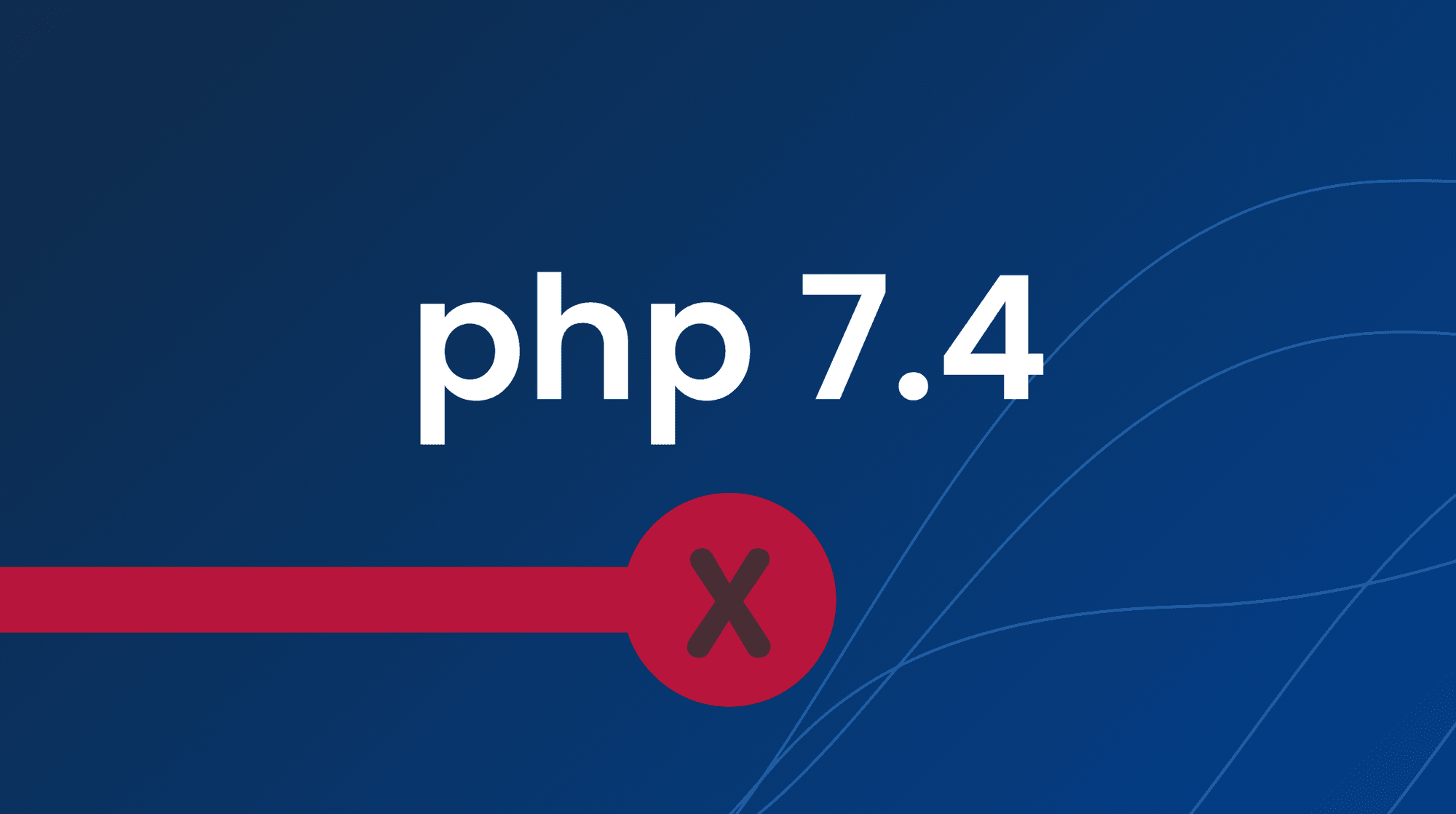As the importance of local search engine optimization (SEO) continues to grow, optimizing your business for Google Maps and Google Search is an increasingly important part of success. From improving your online visibility to influencing decisions made by potential customers, it’s essential for your business to take advantage of all the opportunities that local search offers. In this article, we’ll look at how to leverage Google local search for improved visibility and performance. We’ll cover tactics to help you make the most of local visibility, build your online presence and create more conversions from users searching for your location.
What is Google Local Search?
Google Local Search is a service that helps local business owners to increase their visibility in Google search results. It allows businesses to submit information about their business, such as name, address, phone number, website, and more, to be included in the local search results. It also allows users to find local businesses in their area and can be a powerful way to increase visibility and performance.
Google Local Search also allows businesses to set up a profile that includes reviews, photos, videos, and other information. This profile allows businesses to showcase their products and services to potential customers. Additionally, businesses can use the profile to respond to customer reviews and engage with customers on social media. Finally, businesses can use the profile to run promotions and discounts to increase sales.
Why Local SEO Matters
Local SEO matters because the vast majority of consumers are now researching products and services online before making a purchase. Having a localized presence in SERPs will help to drive traffic to your website and create more conversions.
In addition, local SEO helps to build brand trust and visibility. It’s essential to have an online presence in the local market in order to be successful.
The most important aspect of local SEO is to ensure that your business is properly listed in the Google My Business directory. This will help ensure that your business is visible in local searches and will help to boost your rankings.
Other factors that are important for local SEO success include optimizing your website for local keywords, submitting your business to local directories, and engaging in local link building. All of these can help to increase your visibility and performance in local search.
What are the Benefits of Local SEO?
Local SEO is a great way to increase your visibility in local search results and drive more traffic to your website. With local SEO, you can target local customers and make sure they find you when they search for products or services you offer in their area.
Local SEO provides businesses with an opportunity to increase their visibility and performance in local search results. It also helps businesses stand out from competitors and get noticed by potential customers.
Local SEO is beneficial for several reasons, including increased visibility in local search results, increased website traffic, and better brand recognition. Additionally, local SEO can help businesses build trust, generate leads, and increase conversions. Local SEO also helps businesses build relationships with customers and establish a strong online presence.
How to Leverage Google Local Search
1. Claim and Verify Your Business Listing on Google My Business
The first step to leveraging Google local search is to claim and verify your business listing on Google My Business. This will help you appear in Google Maps and on the local search results pages.
2. Optimize Your Local Content
Once you have claimed and verified your business listing, you should optimize your local content for local search. This includes optimizing your business name, address, and phone number (NAP), as well as creating local content that is optimized for local keywords.
3. Leverage Local Links
You should also leverage local links to help you rank higher in local search. This includes getting links from local websites and blogs, as well as getting citations from local directories.
4. Track Your Local Search Performance
Finally, you should track your local search performance to ensure that you are getting the most out of your local search efforts. This can be done by tracking keyword rankings, website traffic, and conversions.
Optimize Your Google My Business Profile
Your Google My Business (GMB) profile is the foundation for local SEO success. Make sure your profile is verified and complete. Include relevant and up-to-date information like your website, address, phone number, opening hours, product categories, photos, and more.
You should also optimize the profile for the keywords you want to rank for. This includes choosing the right categories, adding relevant keywords in the business description and service area, and using the correct business name.
Ensure that all the information in your GMB profile is consistent with the other listings you have on the web, including directory listings and social media profiles. Inconsistencies can confuse search engines and hurt your performance.
Use Local Keywords
Using local keywords can be a great tool to leverage Google Local search. For example, let’s say you’re a restaurant in Chicago, Illinois. Instead of using generic keywords such as ‘restaurants’ or ‘dining’, use keywords with local modifiers like ‘Chicago restaurants’ or ‘dining in Chicago’. This will help you target your local audience more accurately and effectively.
You can also use local keywords in titles, meta descriptions and content on your website. This will help Google understand that your business is local and should be displayed in Local search results.
Additionally, you can also use local keywords in online directories, such as Yelp and Yellowpages, to boost your visibility and performance in local search.
Create Local Content
Creating content that’s uniquely local is one of the most effective ways to leverage local search. This is especially effective if you’re targeting more than one location.
When creating local content, it’s important to focus on topics that are specific to the area you’re targeting. This could include local events or attractions, or even local industry news or trends.
You should also include location-specific keywords throughout your content, as this will help search engines better recognize it.
Additionally, it’s important to make sure that you include your targeted location in the title of your content as well as in the body of the content itself. This will help to further optimize your content for local search.
Encourage Reviews
Reviews are a major factor in local search ranking. Encouraging customers to leave reviews is a simple way to get your business to stand out.
Google is the most popular review site, but there are many other good options. You can encourage customers to post reviews on Yelp, TripAdvisor, and other popular review sites.
You should also take time to respond to reviews, both positive and negative. Acknowledge positive reviews and take the time to address any negative reviews. This will show potential customers that you care about their experience and are willing to make things right.
Finally, you should make sure to ask for reviews from your customers. You can ask for reviews in person, over the phone, or through email. Just make sure to ask for reviews in a polite and respectful way.
Monitor and Analyze Your Traffic
It’s important to monitor and analyze your website traffic to understand how your SEO efforts are impacting your website’s performance and visibility. There are a variety of free and paid tools you can use to track your website traffic, including Google Analytics, which provides a wealth of data about the behavior of your website visitors.
Google Analytics can help you understand the types of keywords that are driving traffic to your website, the pages of your website that are getting the most traffic, and the overall performance of your website, including the average time visitors are spending on your website.
By monitoring and analyzing your website traffic, you can get insights on how to leverage Google local search to improve your website visibility, performance, and lead generation.
Measuring Your Local SEO Performance
If you’re a local business, you need to know how your local SEO is performing. There are a few ways to measure your local SEO performance.
Google My Business: Google My Business is a great way to measure your local SEO performance. You can track your business’s performance in both organic and local search.
Google Search Console: Google Search Console can help you monitor your local SEO performance, too. It provides data on impressions, clicks, and other metrics that help you understand how your local SEO is performing.
Local Reviews: Reviews are a great way to measure your local SEO performance. Reviews help build trust and credibility with potential customers, and they can also help your local SEO performance.
Monitor Your Rankings
To ensure you’re leveraging Google local search for improved visibility and performance, it’s important to monitor your rankings on a regular basis. This will enable you to keep an eye on where you stand in terms of visibility and performance.
To do this, you’ll need to use a local SEO tracking software. This software will allow you to track your rankings in real-time, alerting you to any changes in your rankings. This will enable you to quickly identify any issues and take action to ensure they don’t have a negative impact on your visibility or performance.
You should also use the software to track your competitors’ rankings. This will help you identify areas where you can improve your visibility and performance. Additionally, it will give you an idea of where your competitors are succeeding and where they’re failing. This will enable you to stay one step ahead and make sure you’re not falling behind in the local search space.
Monitor Your Traffic
Monitoring your website’s traffic is a great way to understand how well your website is performing. It’s also essential for tracking your website’s performance in local search.
You can use the Google Search Console to monitor your website’s traffic and performance. The Search Console will also provide you with useful insights into your website’s performance in local search.
This means you’ll be able to keep track of how your website is performing in local search and make changes accordingly.
You can also use tools such as Google Analytics and SEMrush to get an in-depth understanding of your website’s performance in local search. This will help you identify areas of improvement and optimize your website accordingly.
Measure Your Conversions
Google provides a wide range of tools to help you measure how effective your local search optimization is. Google Analytics is a great place to start. You can easily track user behaviour and identify what’s working and what’s not.
Google My Business Insights also offers valuable insights about your local search performance. It provides a detailed overview of how customers are interacting with your business. You can use this data to improve your visibility and performance in local search.
Google Search Console also provides useful data related to local search. You can track how people find your business, how they’re interacting with it, and how you can improve its performance.
You can also use a number of third-party tools such as BrightLocal or Moz Local to track your local search performance. These tools provide detailed insights about your local presence, including how your business is performing on major search engines like Google and Bing.
Summing Up
Google Local Search is a powerful tool that can help you increase your visibility on the web and improve your performance. When used in conjunction with other SEO techniques, it can be a powerful weapon in your arsenal.
By creating a Google My Business profile, optimizing your website for local search, and monitoring your local search performance, you can leverage Google Local Search to your advantage.
Finally, don’t forget to use the available tools to monitor and analyze your performance. By doing so, you can track your progress, identify areas for improvement, and ensure that you’re making the most of Google Local Search.



















